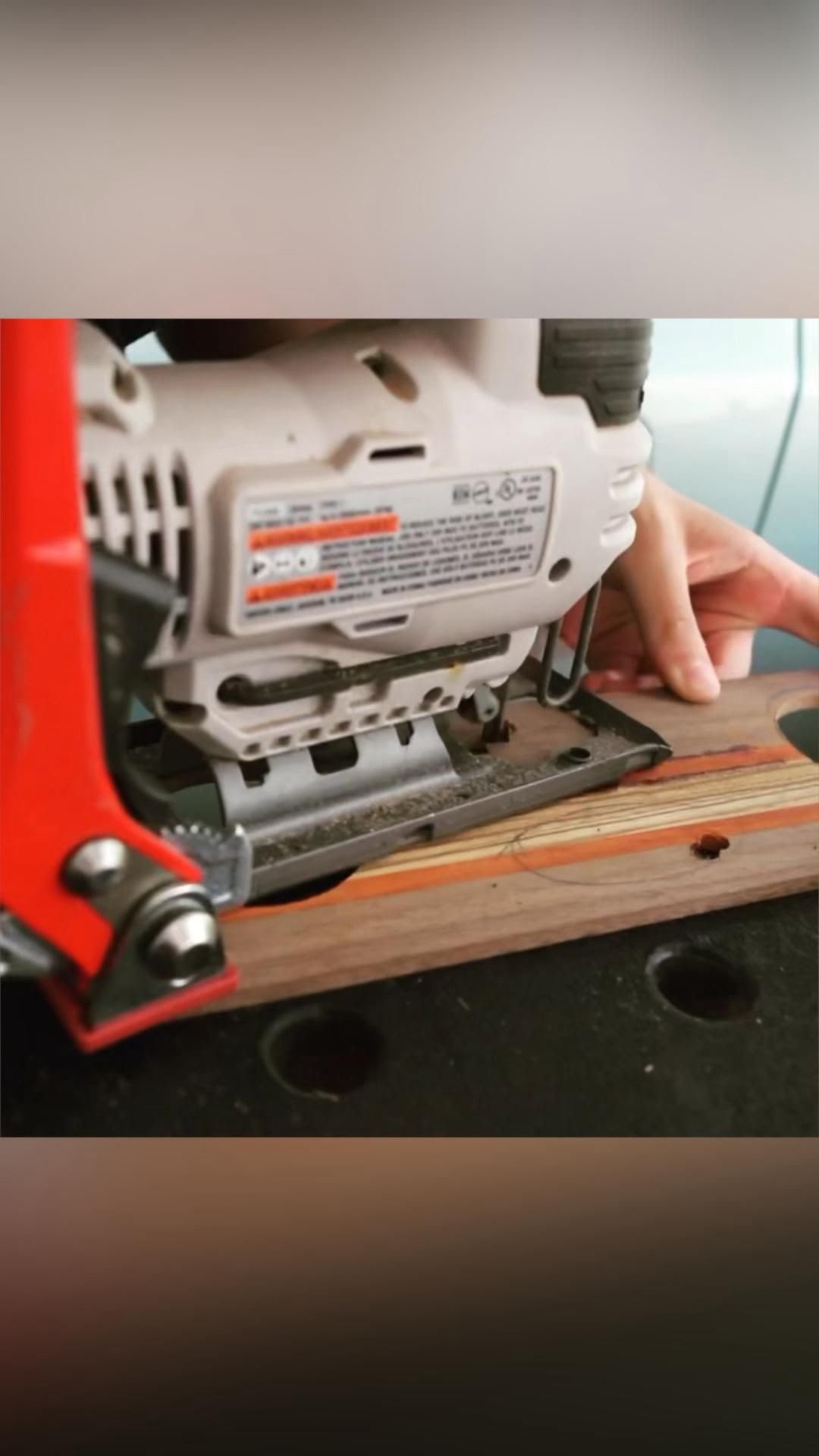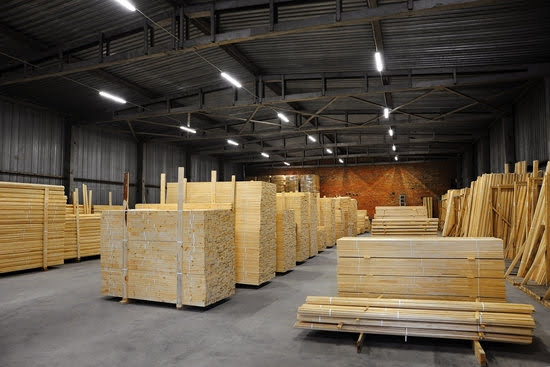Antique woodworking tools hold a unique charm and value for both collectors and woodworking enthusiasts alike. These tools, crafted with precision and history, have captivated the interest of many individuals looking to add character to their workshops or collections. For those looking to part ways with these cherished possessions, understanding where to sell antique woodworking tools is crucial in ensuring a successful transaction.
The allure of antique woodworking tools lies not only in their functionality but also in their historical significance. Each tool tells a story of craftsmanship and tradition, making them sought-after items for those who appreciate the artistry of yesteryears. Whether it’s a vintage hand plane or an ornate chisel, these tools offer a glimpse into the past while still retaining practical utility in present-day woodwork projects.
Navigating the market for antique woodworking tools can be both exciting and challenging. With a plethora of online platforms and local venues available for selling these items, sellers must equip themselves with knowledge on how to identify, evaluate, and ultimately find the right platform that suits their needs. By delving into the intricate world of antique woodworking tools, individuals can uncover hidden treasures within their collection and potentially turn them into profitable ventures.
The History and Appeal of Antique Woodworking Tools
Antique woodworking tools hold a special allure for both collectors and enthusiasts, offering a glimpse into the craftsmanship of earlier generations. The history behind these tools adds to their appeal, as they were often handmade with intricate designs and high-quality materials. For many woodworkers, using antique tools not only connects them to the past but also enhances the authenticity of their craft.
Craftsmanship and Design
One of the main reasons antique woodworking tools are highly sought after is their superior craftsmanship and design. Unlike modern mass-produced tools, antique ones were typically made by skilled artisans who paid close attention to detail. Each tool was carefully crafted to perform its function effectively while also showcasing ornate embellishments that are now considered works of art.
Historical Significance
Beyond their practical use, antique woodworking tools carry a sense of history and tradition. They serve as tangible links to past woodworkers who relied on these tools to create furniture, cabinets, and other wooden objects by hand. Owning and using antique tools allows modern craftsmen to connect with the techniques and values of those who came before them, preserving a sense of heritage in today’s fast-paced world.
Collector’s Items
Due to their scarcity and historical value, antique woodworking tools have become prized collector’s items. Enthusiasts often search far and wide for rare or unique pieces to add to their collections. Some may even invest in restoring or preserving these tools to ensure they remain in top condition for future generations. Whether it’s for practical use or as part of a curated collection, antique woodworking tools continue to captivate individuals interested in woodworking history.
Understanding the Market for Antique Woodworking Tools
Antique woodworking tools hold a special place in the heart of collectors and enthusiasts alike. These tools not only have historical significance but also showcase exquisite craftsmanship from bygone eras. Understanding the market for antique woodworking tools is essential for anyone looking to sell or collect these items. Whether you are a seasoned collector or a novice looking to delve into this world, knowing where to find potential buyers for your antique woodworking tools is key.
When it comes to selling antique woodworking tools, there are several avenues you can explore both online and locally. Here are some popular platforms where you can sell your valuable pieces:
- Online Auction Sites: Websites like eBay, LiveAuctioneers, and WorthPoint provide a platform for selling antique woodworking tools to a global audience.
- Online Marketplaces: Platforms such as Etsy, Ruby Lane, and Chairish cater specifically to vintage and antique items, making them ideal for selling antique woodworking tools.
Selling your antique woodworking tools locally can also be a successful venture. Here are some options for selling your items at physical locations:
- Auctions: Local auction houses often hold specialized sales for antiques, including woodworking tools.
- Antique Stores: Consigning your items with local antique shops can be a great way to reach buyers who appreciate the value of such tools.
Understanding the market for antique woodworking tools involves research, knowledge of current trends, and an eye for quality craftsmanship. By tapping into both online and local selling options, you can maximize your chances of finding the right buyers who will appreciate the beauty and history behind these timeless pieces.
Tips for Identifying and Evaluating Antique Woodworking Tools
Antique woodworking tools hold a special place in the hearts of craftsmen and collectors alike. Not only do they provide functionality for woodworking projects, but they also serve as a window into the past, showcasing the craftsmanship and ingenuity of bygone eras. For those looking to delve into the world of antique woodworking tools, it is essential to understand how to identify and evaluate these pieces accurately.
Understanding the Characteristics of Antique Woodworking Tools
One of the key aspects of identifying antique woodworking tools is understanding their characteristics. The materials used, the design elements, and any markings or stamps can provide valuable clues about the origin and age of a tool. For example, hand-forged metal components are often indicative of older tools, while mass-produced items may have different features that indicate a more modern production process.
Researching and Seeking Expert Advice
In addition to examining the physical attributes of a woodworking tool, conducting thorough research can help in determining its value. Looking up similar items online, checking price guides or contacting experts in antique woodworking tools can provide valuable insights. Engaging with knowledgeable individuals or attending antique tool shows can also aid in gaining a deeper understanding of specific brands or types of tools.
Assessing Condition and Rarity
When evaluating antique woodworking tools, it is crucial to assess their condition and rarity. Tools that are in good working order, retain original finishes or parts, and are free from damage or excessive wear tend to be more desirable to collectors.
Additionally, considering the rarity of a particular tool can impact its market value significantly. Collectors often seek out unique or limited-edition pieces that are hard to come by, making them more valuable in the market for antique woodworking tools.
Where to Sell Antique Woodworking Tools Online
When it comes to selling antique woodworking tools online, there are a variety of platforms to choose from. Whether you are looking to reach a broader audience or connect with collectors specifically interested in vintage tools, the internet offers numerous opportunities for sellers. Here are some of the best online options for selling your antique woodworking tools:
- eBay: With its wide reach and diverse user base, eBay is a popular choice for selling antiques, including woodworking tools. You can list your items for auction or set a fixed price, giving you flexibility in how you sell.
- Etsy: If you are looking to target a niche market of crafters and woodworking enthusiasts, Etsy is a great platform to sell your antique tools. The site focuses on handmade and vintage items, making it an ideal place to showcase unique pieces.
- Craigslist: For those who prefer to sell locally but still want the convenience of an online platform, Craigslist can be a good option. You can list your antique woodworking tools by location and arrange for in-person transactions with buyers in your area.
Selling antique woodworking tools online can also include specialty marketplaces that cater specifically to collectors and enthusiasts. Websites like Ruby Lane or Tooltique offer a curated selection of vintage tools, providing a targeted audience for your items. By choosing the right platform that aligns with your goals and target market, you can maximize your chances of selling your antique woodworking tools successfully.
Whether you opt for a more general marketplace like eBay or a niche platform like Tooltique, selling antique woodworking tools online offers convenience and access to a wide pool of potential buyers. With the ability to reach customers around the world and showcase your items in an attractive manner, online selling can be a fruitful way to connect with individuals who appreciate the craftsmanship and history behind these vintage tools.
Where to Sell Antique Woodworking Tools Locally
Antique woodworking tools have a special charm and appeal to collectors, enthusiasts, and craftsmen alike. For those looking to sell their antique woodworking tools locally, there are several avenues to explore. One option is to visit local antique shops or consignment stores that specialize in vintage tools and equipment. These establishments often have a dedicated customer base interested in unique and historical pieces.
Another way to sell antique woodworking tools locally is by participating in community events such as flea markets, craft fairs, or antique shows. Setting up a booth or table at these events can attract potential buyers who appreciate the craftsmanship and history behind these tools. Networking with other vendors and attendees can also lead to valuable connections for selling your items.
Additionally, reaching out to local woodworking clubs or societies can be a fruitful way to sell antique woodworking tools. Members of these groups are likely to share a passion for traditional woodworking techniques and may be interested in adding rare or specialized tools to their collections. Posting advertisements in community centers, libraries, or online platforms specific to your area can also help attract local buyers looking for unique woodworking tools.
| Tips for Selling Locally | Benefits |
|---|---|
| Visit local antique shops or consignment stores | Access dedicated customers interested in vintage tools |
| Participate in community events like craft fairs | Attract potential buyers who value craftsmanship |
| Network with local woodworking clubs or societies | Connect with enthusiasts sharing an interest in traditional techniques. |
Pros and Cons of Different Selling Options for Antique Woodworking Tools
When it comes to selling antique woodworking tools, there are various options available, each with its own pros and cons. One popular method is to sell them online through platforms such as eBay, Etsy, or specialized antique tool websites. One of the main advantages of selling online is the potential for reaching a larger audience of buyers from all over the world.
This can lead to a quicker sale and possibly higher prices due to increased demand. Additionally, online platforms often provide tools for showcasing your items effectively through detailed descriptions and high-quality photos.
On the other hand, selling antique woodworking tools locally through antique shops, flea markets, or garage sales also has its benefits. One advantage is the opportunity for face-to-face interaction with potential buyers who can inspect the tools in person before making a purchase. This can build trust and increase the likelihood of a sale.
Another benefit of selling locally is avoiding shipping costs and complications that may arise when selling online. However, one downside of selling locally is limited reach compared to online platforms where you have access to a wider pool of buyers.
Considering these pros and cons, some sellers opt for a combination of both online and local selling methods to maximize their chances of finding the right buyer at the best price. Ultimately, the decision on where to sell antique woodworking tools depends on factors such as personal preference, time constraints, and the specific tools being sold.
By exploring different options and weighing their advantages and disadvantages, sellers can find the most suitable platform to showcase and sell their valuable antique woodworking tools.
| Pros | Cons |
|---|---|
| Online Selling | Limited face-to-face interaction with buyers |
| Local Selling | Limited reach compared to online platforms |
Best Practices for Maximizing Profit When Selling Antique Woodworking Tools
When it comes to selling antique woodworking tools, maximizing profit is often a top priority for sellers. By following some best practices, you can ensure that you get the most value out of your valuable items. One important tip is to do thorough research on the market value of the tools you are looking to sell. This will help you set a fair price that reflects the item’s worth and ensures that you do not undersell.
Another key practice for maximizing profit when selling antique woodworking tools is to consider the condition of the items. Tools that are in excellent condition and have been well-preserved over the years will fetch a higher price than those that show signs of wear and tear. Be sure to clean and restore your tools if necessary before listing them for sale, as this can significantly increase their appeal to potential buyers.
Additionally, showcasing the uniqueness and historical significance of your antique woodworking tools can also help maximize profit. Highlight any special features, craftsmanship, or markings that make the items stand out from others on the market.
Providing detailed descriptions and photographs can capture the interest of collectors and enthusiasts who are willing to pay a premium for rare or notable pieces. By following these best practices, you can set yourself up for success in selling your antique woodworking tools at a profit regardless of whether you choose to sell online or locally.
Conclusion
As a woodworker and collector, it is essential to understand the value of antique woodworking tools and the various avenues available for selling them. Whether you have inherited a collection or stumbled upon valuable pieces in your treasure hunts, knowing where to sell antique woodworking tools can make all the difference in maximizing your profit.
By exploring online platforms such as eBay, Etsy, or specialized antique tool websites, you can reach a wider audience of potential buyers from all over the world. These platforms offer convenience and accessibility, allowing you to showcase your collection with detailed photographs and descriptions. Do thorough research on each platform’s fees, policies, and customer reach to determine which one aligns best with your selling goals.
On the other hand, selling locally through antique shops, flea markets, or woodworking events can also be a rewarding experience. Building relationships with local collectors and enthusiasts can lead to potential sales and future networking opportunities. Consider setting up booths at craft fairs or joining woodworking clubs where you can connect with like-minded individuals who appreciate the craftsmanship of antique tools.
In conclusion, finding the right platform to sell your antique woodworking tools requires careful consideration of your goals, target market, and selling preferences. Whether you choose to sell online or locally, remember to showcase the unique qualities of each tool and price them competitively. By leveraging different selling options and implementing best practices for marketing and pricing your collection effectively, you can successfully find new homes for your treasures while ensuring a satisfying return on investment.
Frequently Asked Questions
Are Old Tools Worth Anything?
Old tools can definitely be worth something, depending on the condition, rarity, and demand for them. Collectors often seek out vintage tools for their historical value, craftsmanship, and uniqueness.
How to Sell Woodworking Tools Online?
Selling woodworking tools online can be done through various platforms such as eBay, Etsy, or specialized woodworking forums and websites. It’s important to accurately describe the tools, take clear photos, and set a fair price to attract potential buyers.
What Are the Best Vintage Items to Sell?
The best vintage items to sell can vary depending on current trends and popular collecting categories. Some popular vintage items include mid-century modern furniture, retro electronics, vintage clothing, antique jewelry, and rare collectibles like coins or toys. It’s essential to research what is in demand to maximize profits when selling vintage items.

Hi everyone! I’m a woodworker and blogger, and this is my woodworking blog. In my blog, I share tips and tricks for woodworkers of all skill levels, as well as project ideas that you can try yourself.





